By Joke Kujenya
THE LATEST findings from the Cadre Harmonisé (CH) report, a collaborative effort involving the International Rescue Committee (IRC) and multiple international organizations, paint a dire picture for millions across West and Central Africa.
With 52 million individuals at risk of food insecurity during the upcoming lean season from June to August, the report noted that urgent action is imperative to avert catastrophic consequences.
Of particular concern is Nigeria, where approximately 31.8 million people, constituting 16% of the analyzed population, face the specter of hunger and malnutrition.
The situation is further exacerbated in the northern states of Sokoto and Zamfara, where over 15% of children endure acute malnutrition.
This looming crisis stems from a confluence of factors including insecurity, climate change, and deteriorating macroeconomic conditions.
Inflation rates, which soared to 21% across the region in January 2024, have also compounded the challenges, pushing essential goods beyond the reach of many.
The gravity of the situation demands a multifaceted response. Timely interventions are crucial not only to address immediate needs but also to build resilience against future shocks, the reports paint the grim picture.
Beyond Nigeria, several countries across the Sahel are grappling with similar predicaments including Burkina Faso, Niger, Chad, and Sierra Leone which are among those facing acute food insecurity, with millions on the brink of crisis.
In Mali, Burkina Faso, and Northern Nigeria, the recent survey highlights alarmingly high levels of acute malnutrition among children under five and women of reproductive age.
Conflict, insecurity, and climatic variability exacerbate these challenges, making access to nutritious food and basic services increasingly precarious.
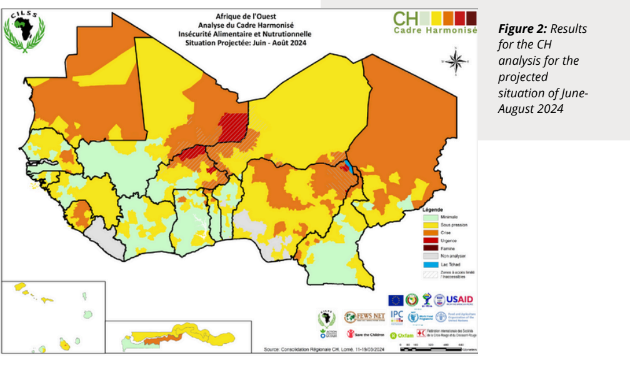
Economic instability further compounds the crisis, with inflation rates soaring in countries like Sierra Leone and Nigeria. Disruptions to agricultural markets, particularly in conflict-affected regions, further exacerbate food shortages and price hikes.
The reports indicate that the plight of vulnerable populations in West and Central Africa highlights the urgent need for sustained support and collaborative efforts to address the root causes of food insecurity noting that only through concerted action will the region avert a humanitarian catastrophe and ensure the well-being of millions facing the specter of hunger and malnutrition.
At JKNewsMedia, our dedication to delivering reliable news and insightful information to our cherished readers remains unwavering. Every day, we strive to provide you with top-notch content that informs and enlightens. By donating to JKNewsMedia, you directly contribute to our mission of delivering quality journalism that empowers and informs. Your support fuels our commitment to bringing you the latest updates and in-depth analysis. Let's continue to uphold the highest standards of journalism and serve our community with integrity and dedication. Thank you for being a part of the JKNewsMedia family and for your ongoing support.


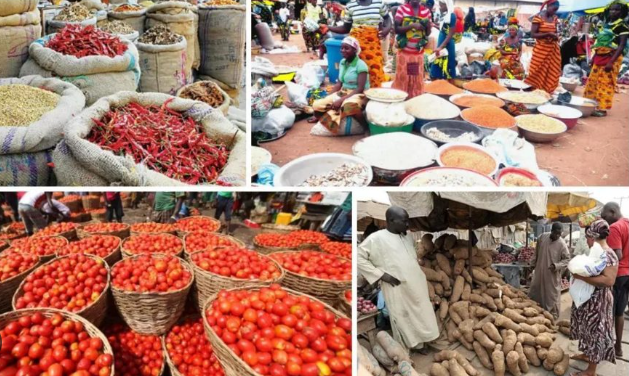
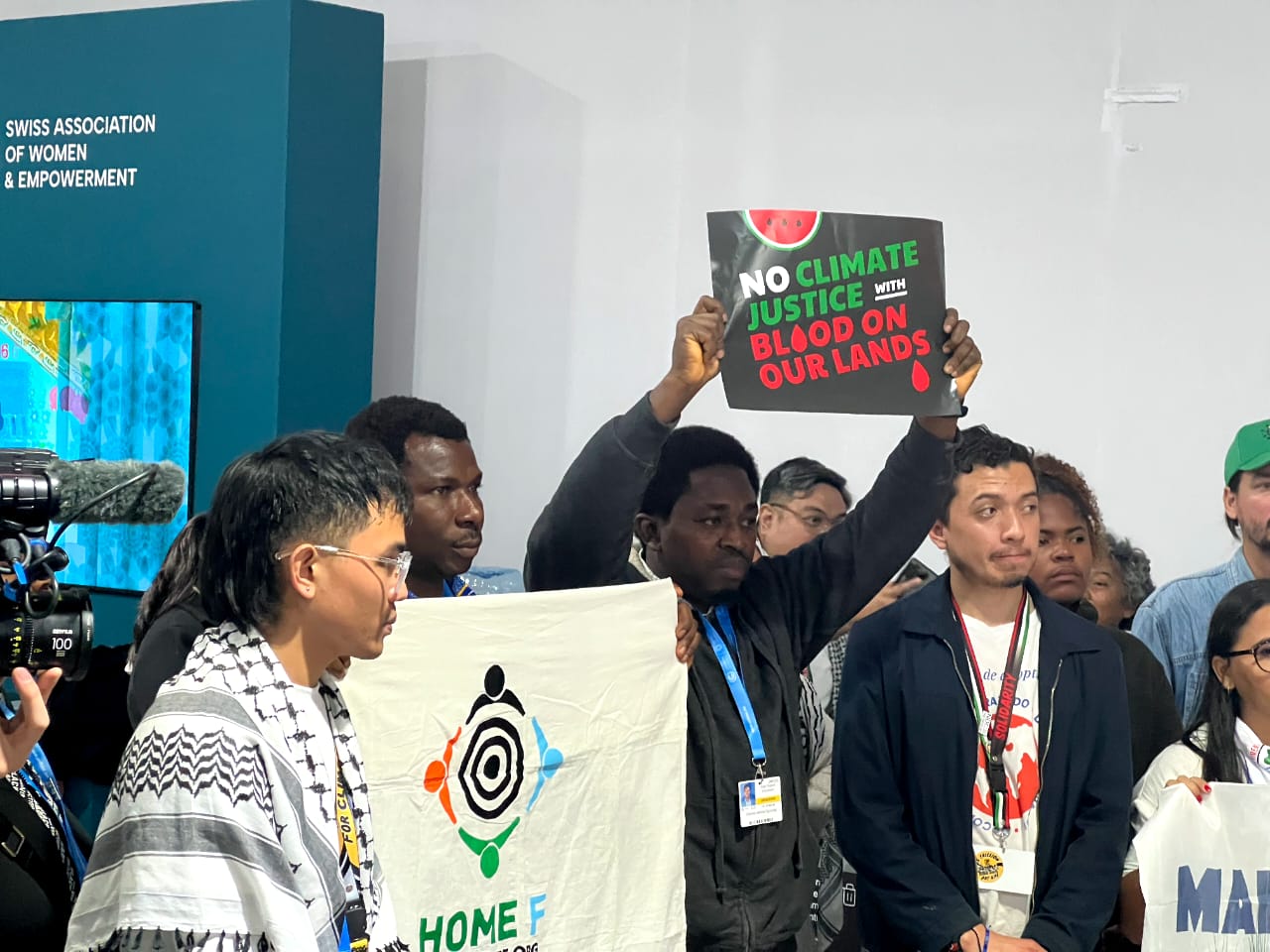
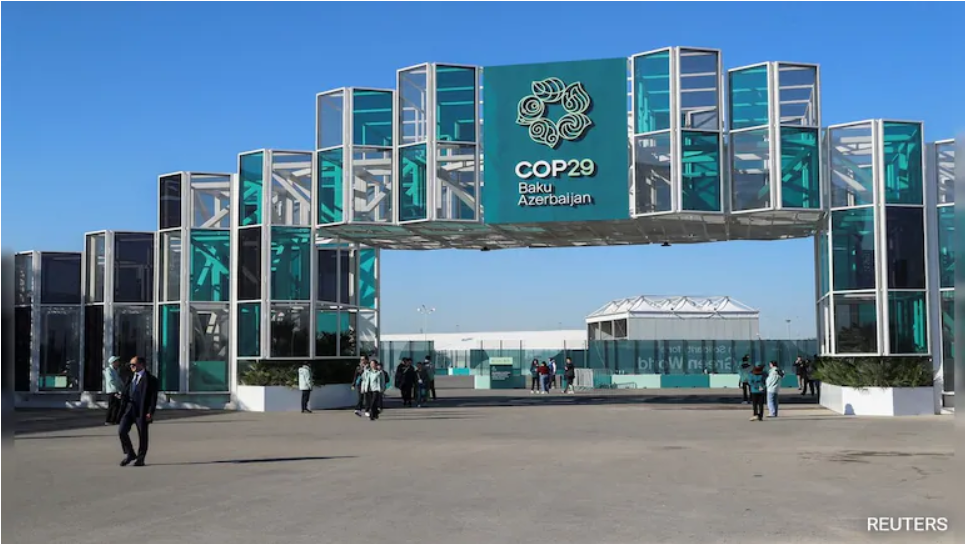
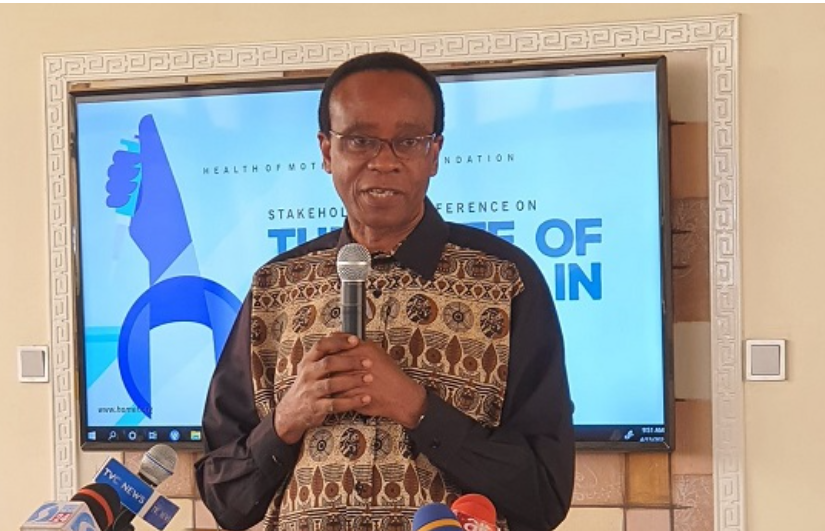
The Balmain brand embodies sophistication and Parisian style. Founded in 1945 by Pierre Balmain, it quickly rose to prominence among fashion houses. Today, Balmain produces exclusive lines of fashion apparel and stylish pieces that reflect the spirit of global fashion while honoring the brand’s traditions.